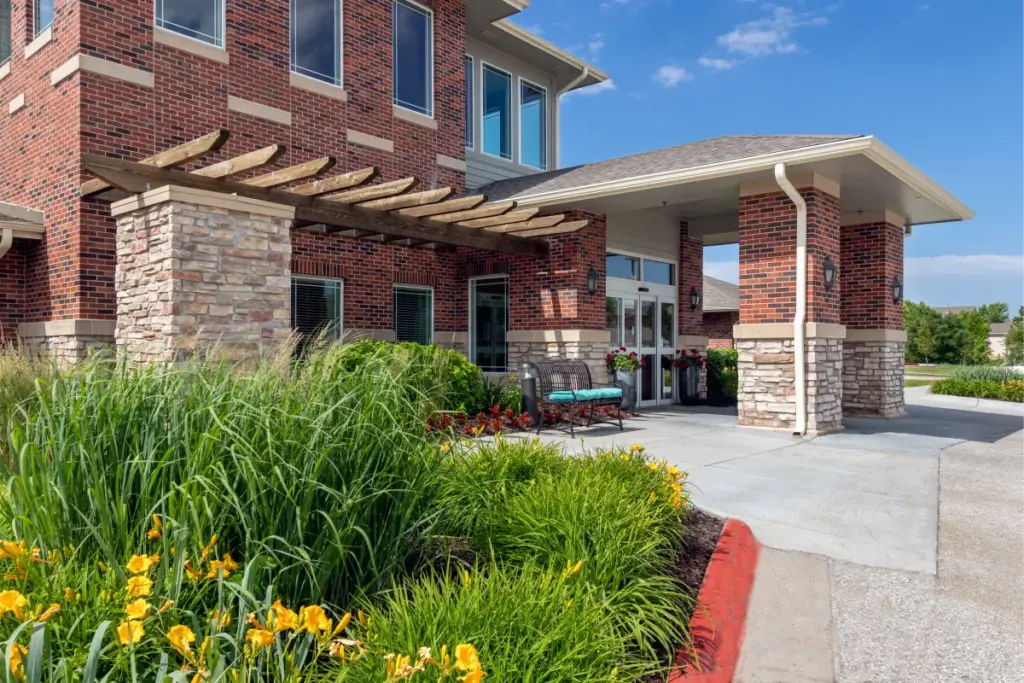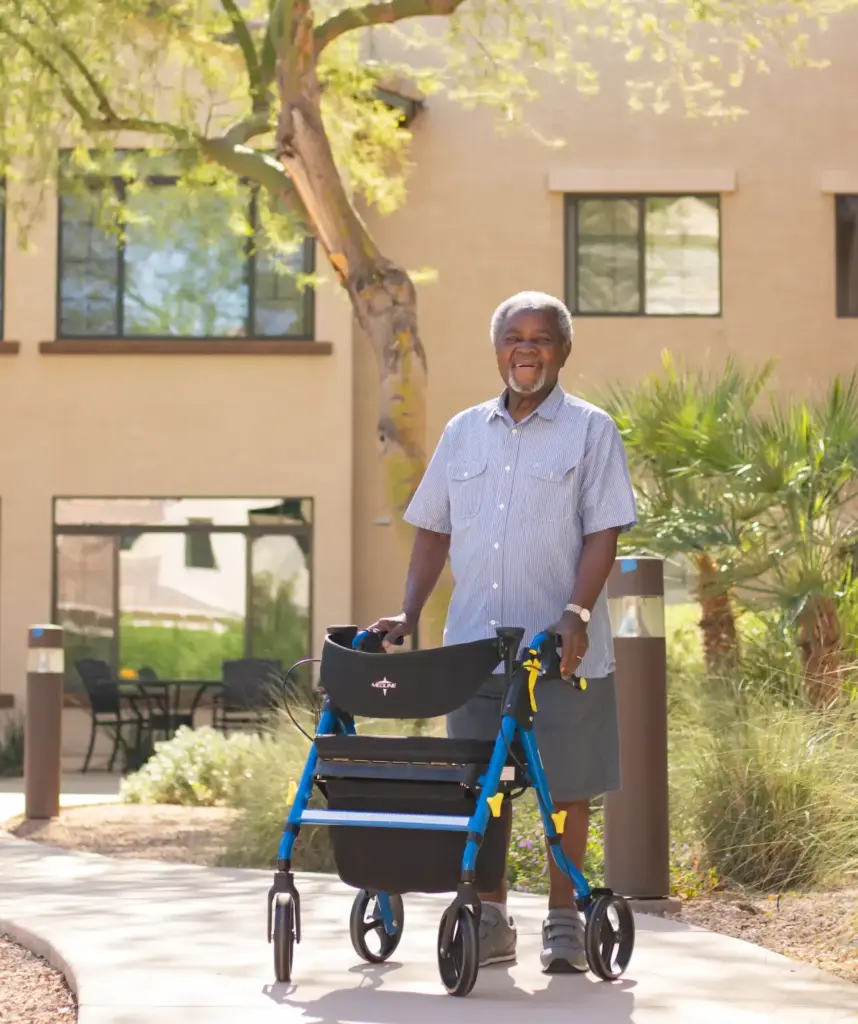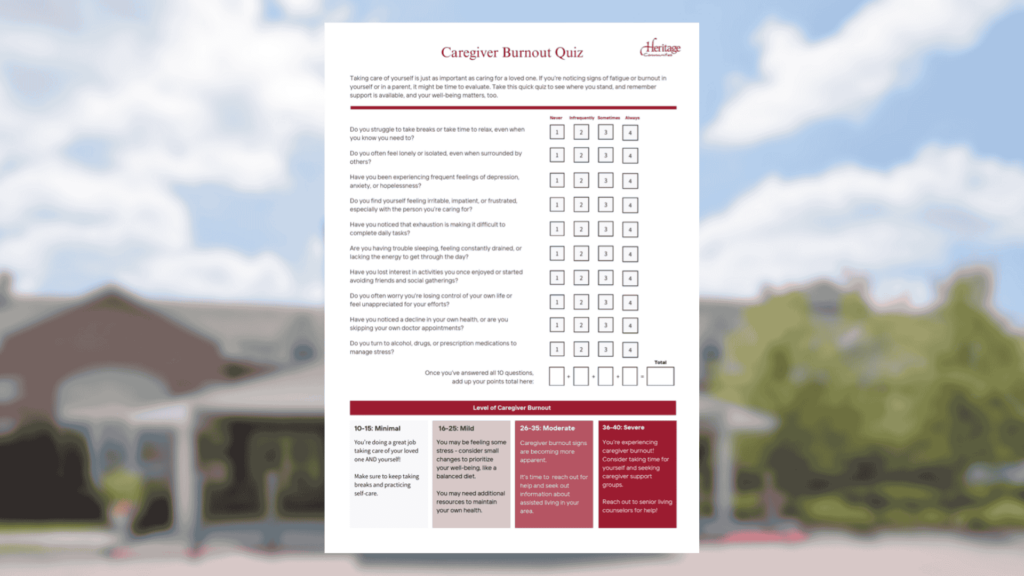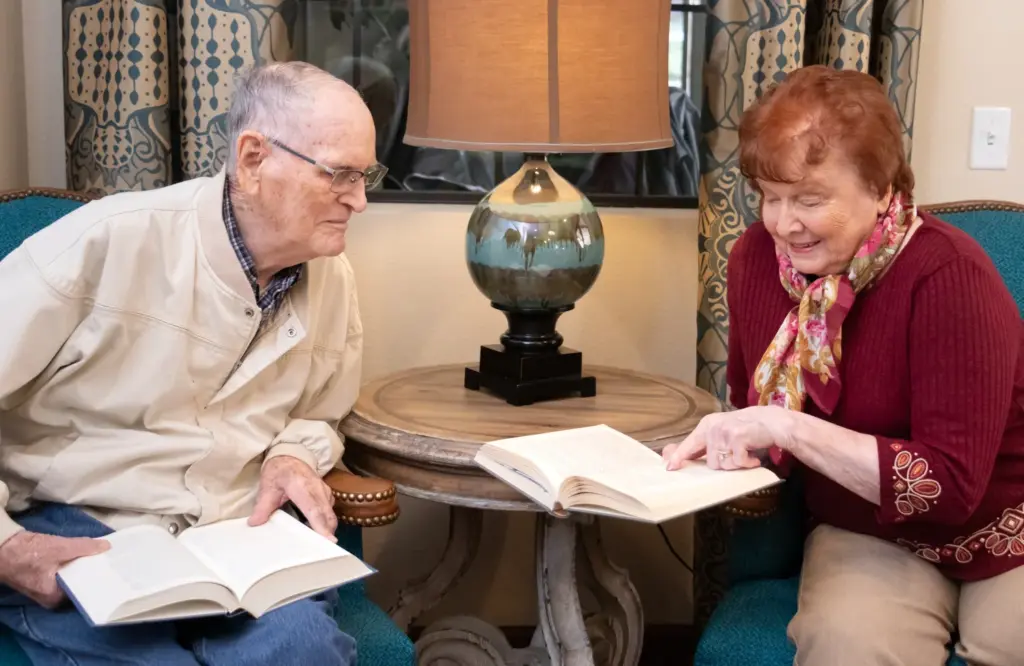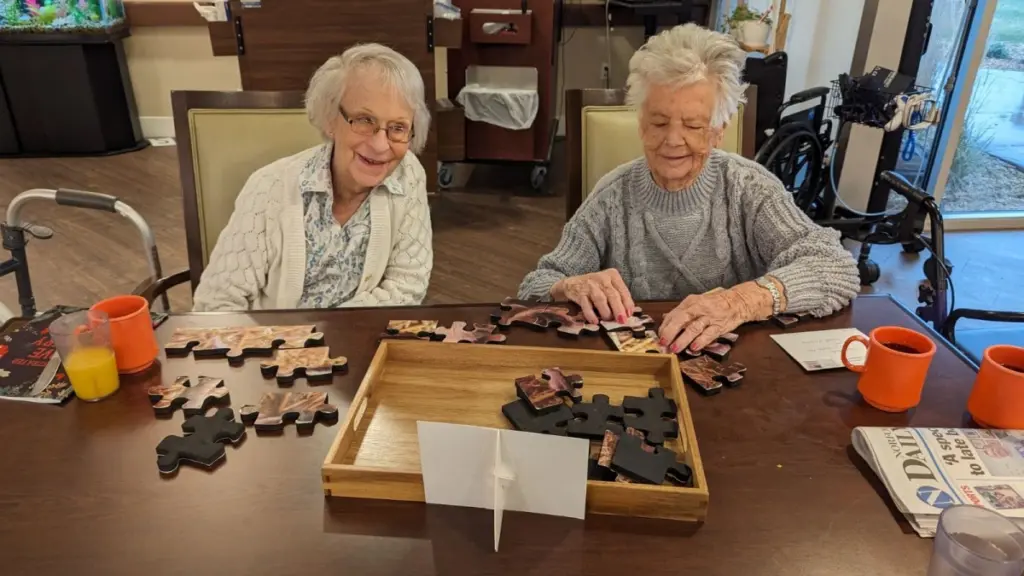How to Pay for Assisted Living: 5 Ways You Haven’t Thought of
The most common ways people pay for assisted living are through their private funds, long-term care insurance, or by selling their home. However, there are other ways to fund senior living, including five options that you might not have thought about. At Heritage Communities, we want to be sure you are aware of all the...

The most common ways people pay for assisted living are through their private funds, long-term care insurance, or by selling their home. However, there are other ways to fund senior living, including five options that you might not have thought about. At Heritage Communities, we want to be sure you are aware of all the options for funding excellent care.
5 ways to pay for assisted living that you might not have considered:
1. Aid & Attendance
Veterans eligible for a pension who need assistance can apply for Aid and Attendance to help fund senior living. Aid and Attendance is an addition to the monthly pension. To be eligible, you must meet one or more of the following criteria:
- You need assistance to perform daily living tasks, such as bathing or eating.
- You are bedridden, and must remain in bed when not undergoing medical treatment.
- You are a nursing home resident due to a mental or physical disability.
- You have a visual impairment that renders your eyesight to 5/200, or your visual field to 5 or fewer degrees.
- If you are a surviving spouse, you must have been married to a Veteran for at least one year.
The application and approval process for Aid & Attendance can take up to nine months, but the VA pays retroactively upon approval of eligibility. The first benefit payment includes a lump sum to cover the months that the application was pending.
2. Home Equity Loans
A home equity loan, sometimes called a “second mortgage,” offers access to a large sum of cash drawn from the equity in your home. The loan is secured by the home. If you’re looking at very costly care for a severely ill parent, home equity lines of credit (HELOCs) from multiple sources—you, your parent, a sibling or two—could be your best option. A HELOC offers a way to quickly get cash from the value of a home to fund senior living. The money will have to be paid back, and your parent’s estate will have to repay a home equity loan that wasn’t paid in full. It’s a good idea to discuss this option with an estate attorney.

3. Selling Life Insurance Policies
It may be possible to fund senior living by selling a life insurance policy through a process called “life insurance settlement.” You’ll most likely get less than the value of the policy but significantly more than surrendering or abandoning the policy, and the purchaser will take over premium payments. The value of a policy generally has to exceed $50,000, but the process is quick—usually under 30 days. The monies are put into an irrevocable trust that makes payments to the community. Families can set aside a certain amount for inheritance and decide how much to allocate for care.
Using a life insurance settlement to fund senior living lets you use the money you receive to pay for retirement and enjoy your remaining years with greater financial freedom.
4. Reverse Mortgage
Another method to fund senior living that many people don’t consider is a reverse mortgage, which as the name says, works opposite of a regular mortgage. A reverse mortgage is a type of home equity loan reserved for seniors 62 and older. Unlike traditional loans, borrowers don’t have to repay the money until they move and sell the home. So if one parent still lives in the home, or if you’re considering in-home care, this might be a viable option. If your parent never sells the home, the estate will have to repay the loan. Otherwise, the borrower may be able to take possession of the home.
5. Medicaid
Federal law requires Medicaid to cover home care services for seniors who are blind or who have another disability that limits functioning. Some states also cover care in personal care homes. According to AgingCare.com, the exact services that Medicaid covers will vary by state and the specific program a senior enrolls in. All states offer some degree of personal care services (assistance with ADLs), but the ways in which they are administered differ widely. To gain access to Medicaid, you generally must show that your parent has little or no funds. That may require you to first exhaust other options, such as selling a home. Not all senior living communities can accept Medicaid. Heritage Communities are not able to accept Medicaid, but we are happy to refer you to other communities that might.
There’s more than one way to fund senior living. We can help you explore the options.
While the costs of assisted living can seem overwhelming, the peace of mind that comes with knowing your loved one is enjoying an environment designed for their safety and wellness is priceless. Still, you want to be sure to explore every possible source of financial assistance to help pay for it. At Heritage Communities, we are here to help you.
Compassion, trust, respect and fun. Core values at every Heritage Community. Explore our assisted living today. Download our free guide, The Complete Guide to Choosing Between Senior Living Options. Or contact us today.


